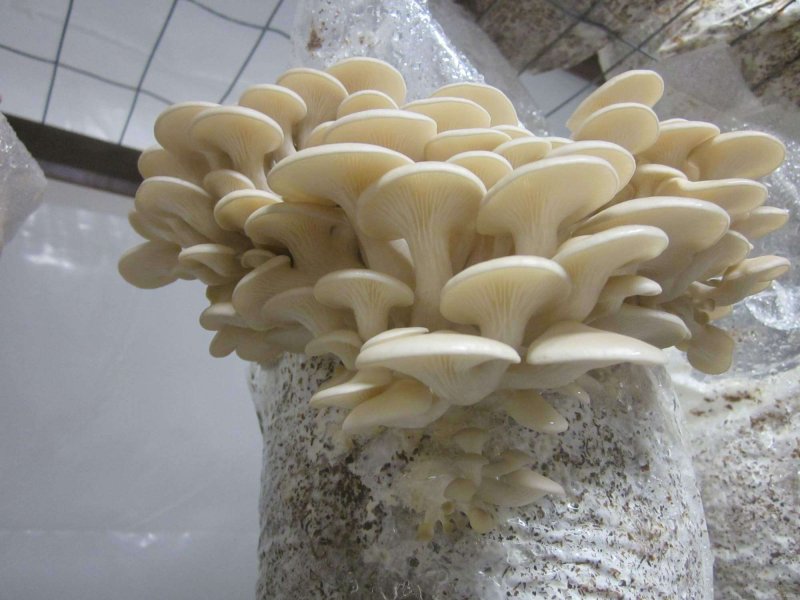Nature is not just out to kill us, it is out to kill itself, in the interest of surviving over the long term. That is why even the most wholesome backyard organic garden is a hotbed of combat between plants and unseen microorganisms in the soil fighting for space to grow.
To defeat a plant, a microbe might produce and use toxic chemicals – but then the microbe also needs immunity from its own poisons. The genes that create protective shield in microorganisms could become a new, highly effective weed killer and the first new class of commercial herbicides in more than 30 years.
…
The new herbicide was discovered using resistance gene-directed genome mining – searching the genes of thousands of fungi for one that might provide immunity against fungal poisons.
…
The new herbicide acts by inhibiting the function of an enzyme that is necessary for plants’ survival. The enzyme is a key catalyst in an important metabolic pathway that makes essential amino acids. When this pathway is disrupted, the plants die.
To confirm the efficacy of the new herbicide, the team tested the fungus-produced product on a common plant used in lab studies…the product killed the plants after they were sprayed with it. The researchers also implanted the resistance gene from the fungus into [the plant’s] genome. The plants that had the resistance gene implanted in them were immune to the herbicide.
…
Pests of all kinds have always struggled to keep up with science, so even the best product will lead to resistance…A natural weed killer satisfies the organic camp and the science one.
Read full, original article: New Class Of Commercial Herbicide Is All Natural – But Discovered Using Science































